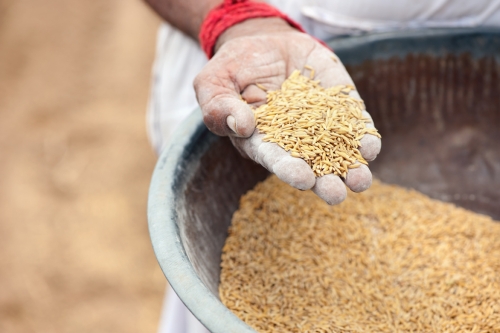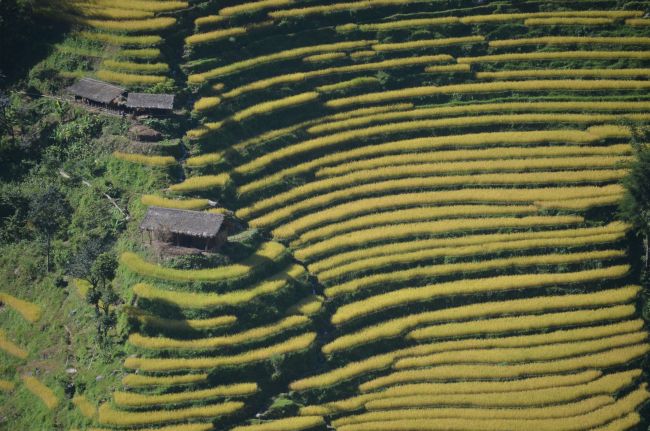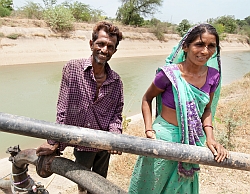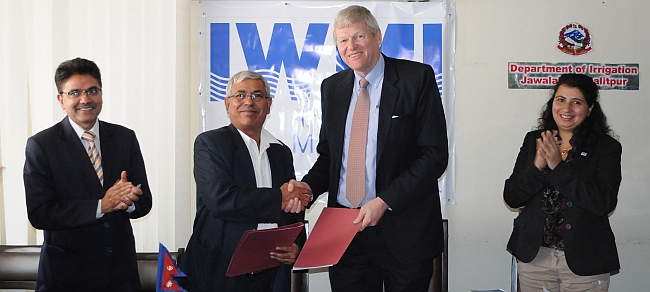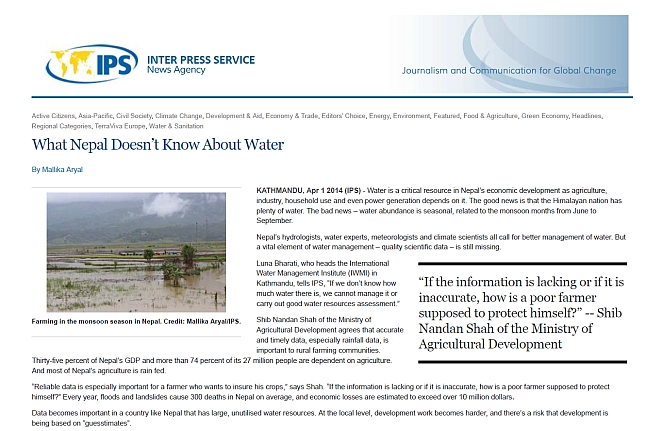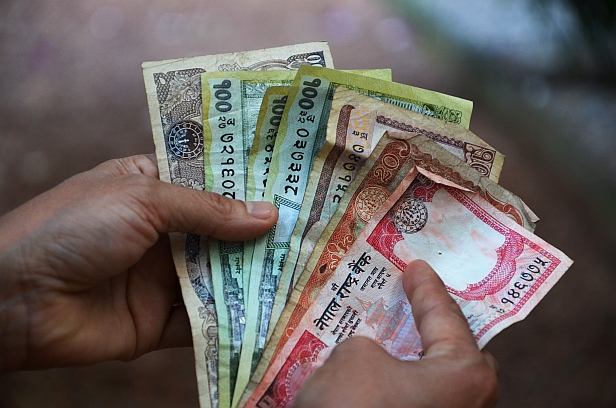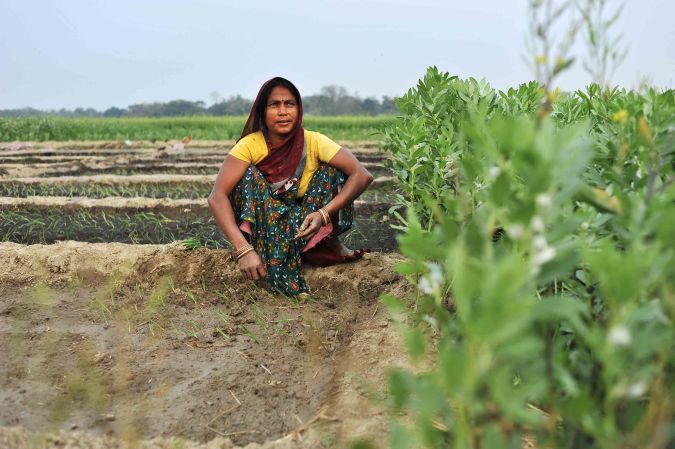Home 2015
Archives
Facing up to South Asia’s environmental arsenic
Report calls for more action to combat the region’s contamination challenge.
Technology alone is not a silver bullet
Storing water could help rural communities in Nepal, if socioeconomic factors are addressed.
IWMI Research Report – 159: Climate Change, Out-migration and Agrarian...
Climate change could have a critical impact on agriculture in Nepal due to dry-season water shortages, and changes in the variability of water availability...
Getting more out of local knowledge
A series of public events put farmers at the heart of climate change discussions in Nepal.
Sustainable Development Goals Offer Unique Opportunity to Transform Management of Critical...
Targets that promote efficient, nationally and locally appropriate water use will be key to achieving the SDGs.
World Food Day 2014
For World Food Day we look at 8 social and technological innovations that can contribute to a water-secure future for rural communities and family farmers.
IWMI renews Nepal partnership
IWMI and the Department of Irrigation (DoI) of the Government of Nepal renewed their long-standing partnership by signing a Memorandum of Understanding (MoU).
IPSnews.net: What Nepal Doesn’t Know About Water
KATHMANDU, Apr 1 2014 (IPS) - Water is a critical resource in Nepal’s economic development as agriculture, industry, household use and even power generation...
Hydropower to the people
Efforts to share the benefits of hydropower development in Nepal could be compounding inequality in the country instead of tackling it, according to research.
More food, fewer floods
Why GAMES could mean a win-win for the Eastern Ganges Basin.
The risk of devastating floods and droughts can be minimized and food production boosted by taking advantage of underground water sources.
The risk of devastating floods and droughts can be minimized and food production boosted by taking advantage of underground water sources.


